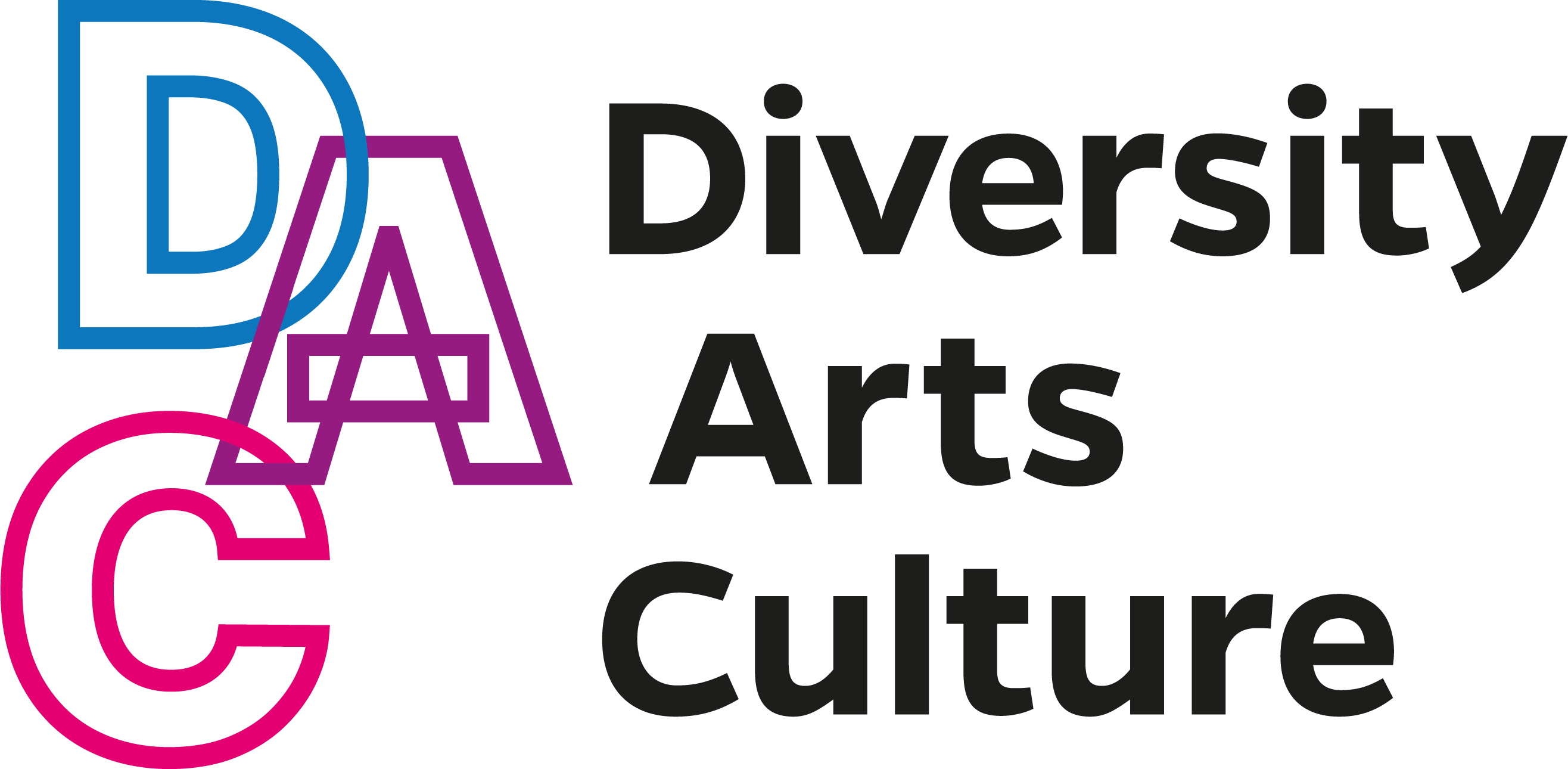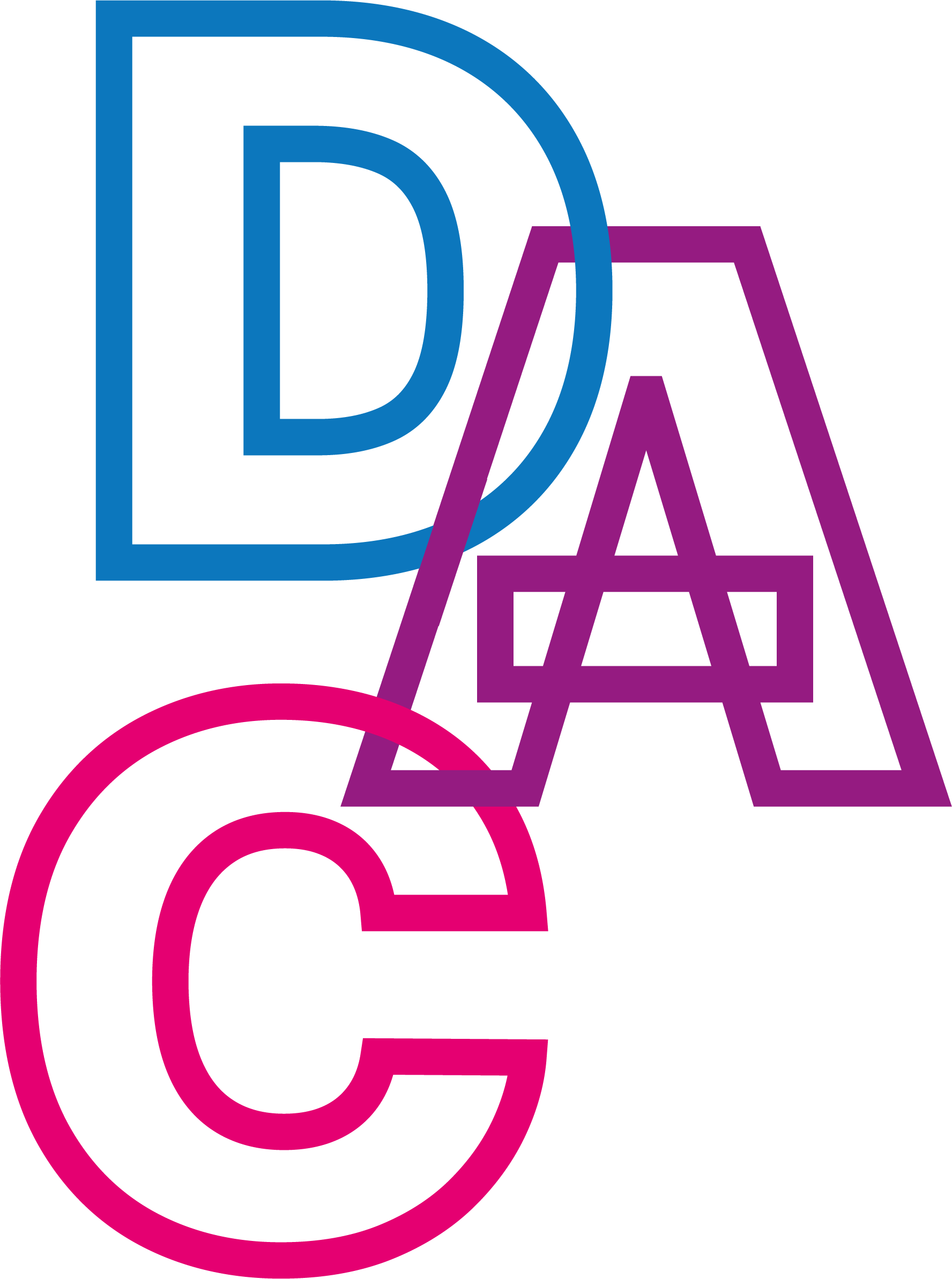Expert Report on Diversifying the Cultural Sector
Options for Action to Diversify Berlin's Cultural Sector
The study "Handlungsoptionen zur Diversifizierung des Berliner Kultursektors" (Options for Action to Diversify Berlin's Cultural Sector) prepared by Citizens for Europe (project: Vielfalt entscheidet - Diversity in Leadership) is based on interviews with managers, staff and others working in Berlin’s independent art scene, the cultural administration, tourism marketing, cultural institutions and the house of representatives. Carried out between July and mid-September 2016 the study offers an introduction to the fundamentals of diversity development. It also points to determining factors and steering tools, which support diversity processes within the cultural sector.
Do’s and Don’ts for Creating a More Diverse Cultural Sector
The don’ts, which refer to the typical challenges of diversifying the cultural sector, include:
- Tokenism, a short term, fig leaf type involvement of diverse staff in the lowest ranks of an organizations
- ‘Projectitis’, which refers to restricting diversity processes to projects, while maintaining barriers that prevent access to regular organizational structures
- Lack of information about structural barriers as well as target groups intended to receive support
- Unspecific definitions for target groups (e.g. the category migration background, which only considers people who have migrated to Germany and their children, but does not recognize people of the third generation and beyond)
- Equating diverse representation with international representation; many institutions search for international professionals, while excluding local ones. Diverse representation includes both local and international personnel because diversity takes into account local personnel with diasporic ties
- A lack of recognition of structural and intersectional discrimination by persons in decision making roles
The Do’s, which refer to the standards, principles and potential, which must be considered by all who contribute to diversity processes, include:
- Identifying diversity as a managerial task and applying a top-down approach to integrating diversity on all levels of an organization
- Clearly naming target groups; for example, talking about people who experience racism instead of people with a migration background
- Ensuring the target group’s quantitative representation on all levels of the institution
- Introducing measures, which support diversity on all institutional levels: personnel, programming, audience and accessibility to the cultural sector
- Implementing measures, which support both diversity mainstreaming as well as promote specific diversity efforts
- Collecting data on the representation of specific target groups in all areas of work: personnel, programming, audience, accessibility to the cultural sector, grant application and approval
- Incorporating diversity development in all existing cultural-political steering tools
- Including underrepresented communities and diversity networks in the creation of services and measures; in short: “Developing with instead of developing for”
Setting a Good Example
In their study Citizens for Europe develop their own recommendations for the Berlin cultural sector by comparing best practice examples from Berlin (Maxim-Gorki Theater, Ballhaus Naunynstraße and Berlin Project Fund for Arts Education), Hamburg (projects of W3 – Workshop for International Culture and Politics) and Great Britain (British Film Institute, Arts Council England).
The best practice examples demonstrate:
- Flagship projects are important because their positive impacts are felt across the entire country
- Diversity development works if it is understood as managerial task, supported through external consultants and integrated into an organization’s mission statement
- In the short-term, specific measures for underrepresented groups are required in the following areas: personnel, programming, audience and accessibility to the cultural sector
- In the long-term, diversity standards are required, whose impact is mainstreamed and reaches beyond tools to support marginalized groups
- Data collection is indispensable for steering and monitoring processes
On the Citizen for Europe website you can find the entire study in PDF format

